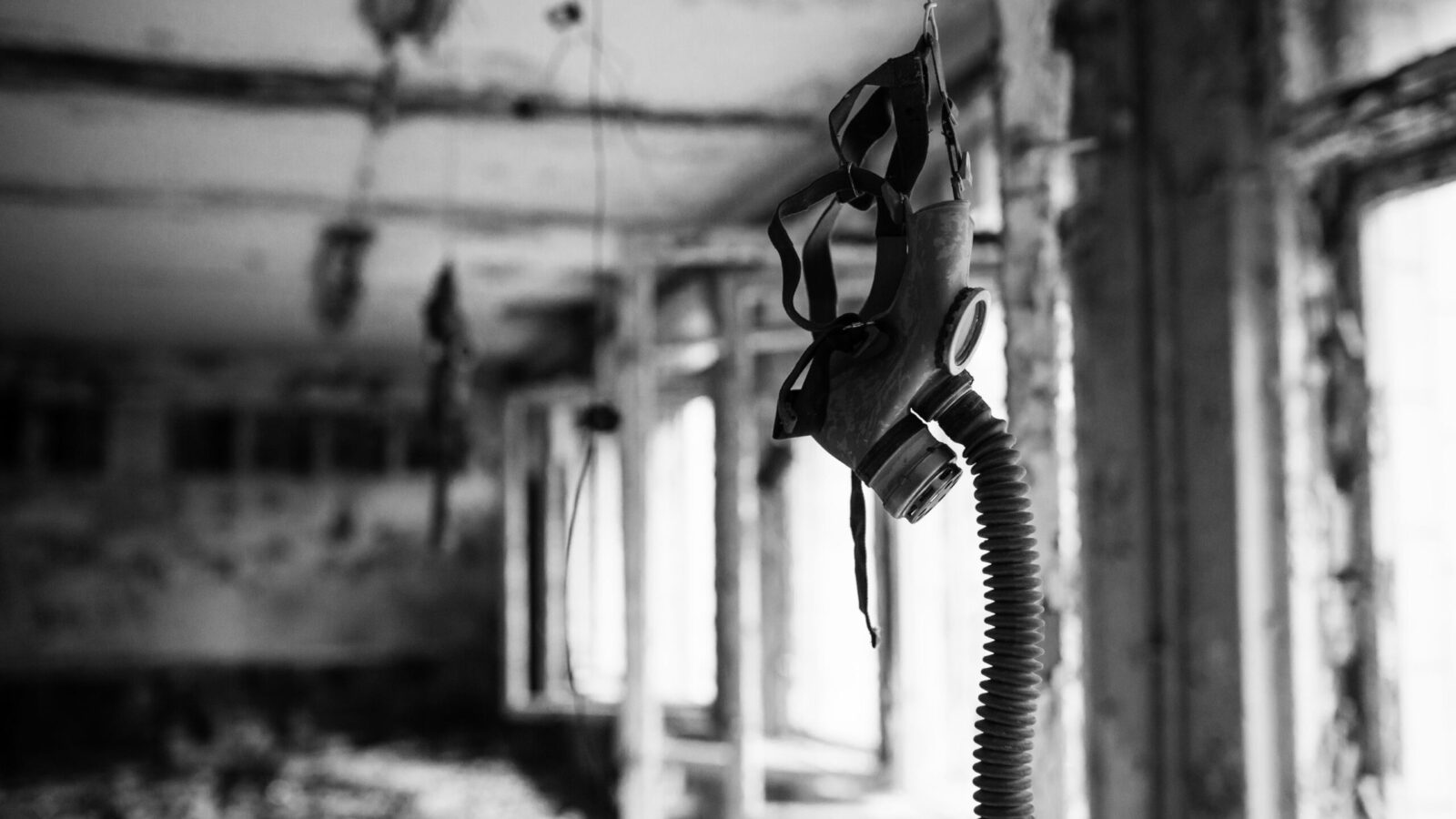On that Fateful Day in August
On August 4th, 1942, a grim event marked the beginning of unspeakable suffering. The first train carrying Jewish men, women and children departed the transit camp in Mechelen, Belgium. Little did those aboard know the horrors that awaited them.
A Strategic Point of Departure
Mechelen’s location and rail connections made it the perfect spot for the Nazis to orchestrate their cruel operation. From this temporary waystation, countless lives would be shuttled to an uncertain fate. The camp became a gateway to hell for many.
Packed into Cattle Cars
The victims were forcibly removed from their homes with no time to say goodbye. Stripped of dignity, they were crowded into train cars meant for animals. Fear and confusion filled the air as families wondered what lay ahead.
An Unimaginable Nightmare
With no food, water or facilities, the conditions rapidly deteriorated. Dehydration and disease took their toll as the train snaked across Europe. For many, the journey itself would be their undoing. Others suffered unspeakable trauma that would remain with them forever.
Individual Lives, Shared Fate
Behind the statistics were real people – young and old, professionals and laborers. Their diverse backgrounds meant nothing to their oppressors. As the train rolled on, their individual stories and identities faded into an anonymous mass.
Honoring the Lost
We must never forget or downplay the evils committed. By preserving memories of victims like these, we can work to prevent such atrocities from reoccurring. History lessons should foster empathy and understanding. In this small way, we can honor those who endured the unendurable…

Originally posted 2023-08-04 08:33:43.




